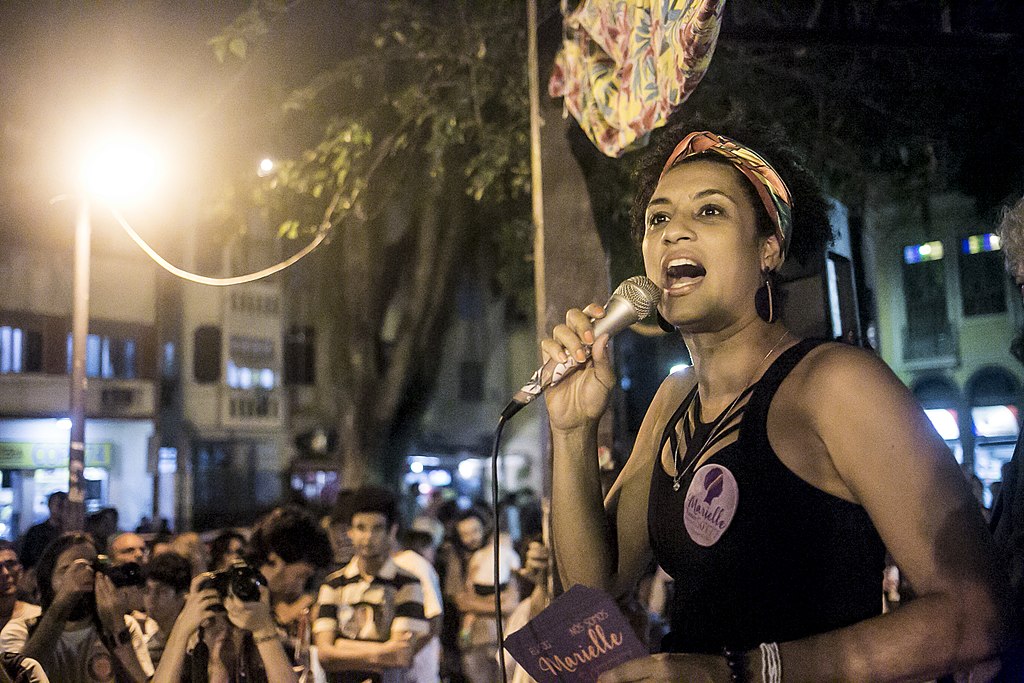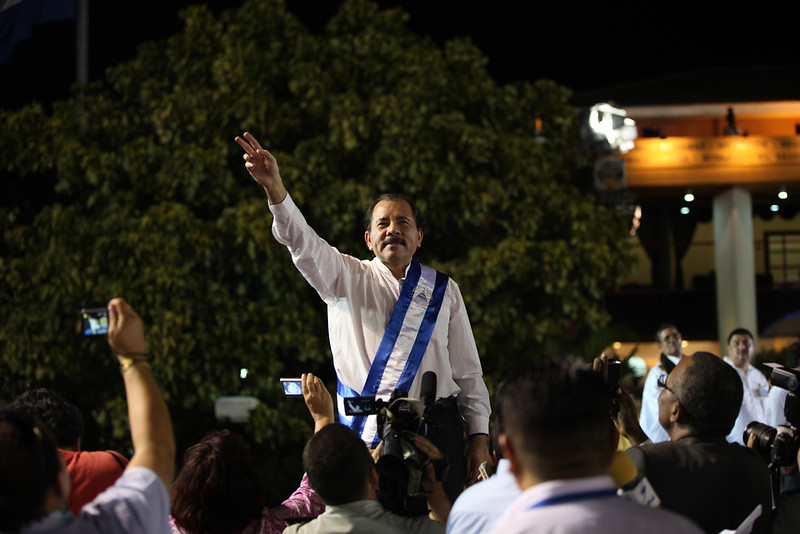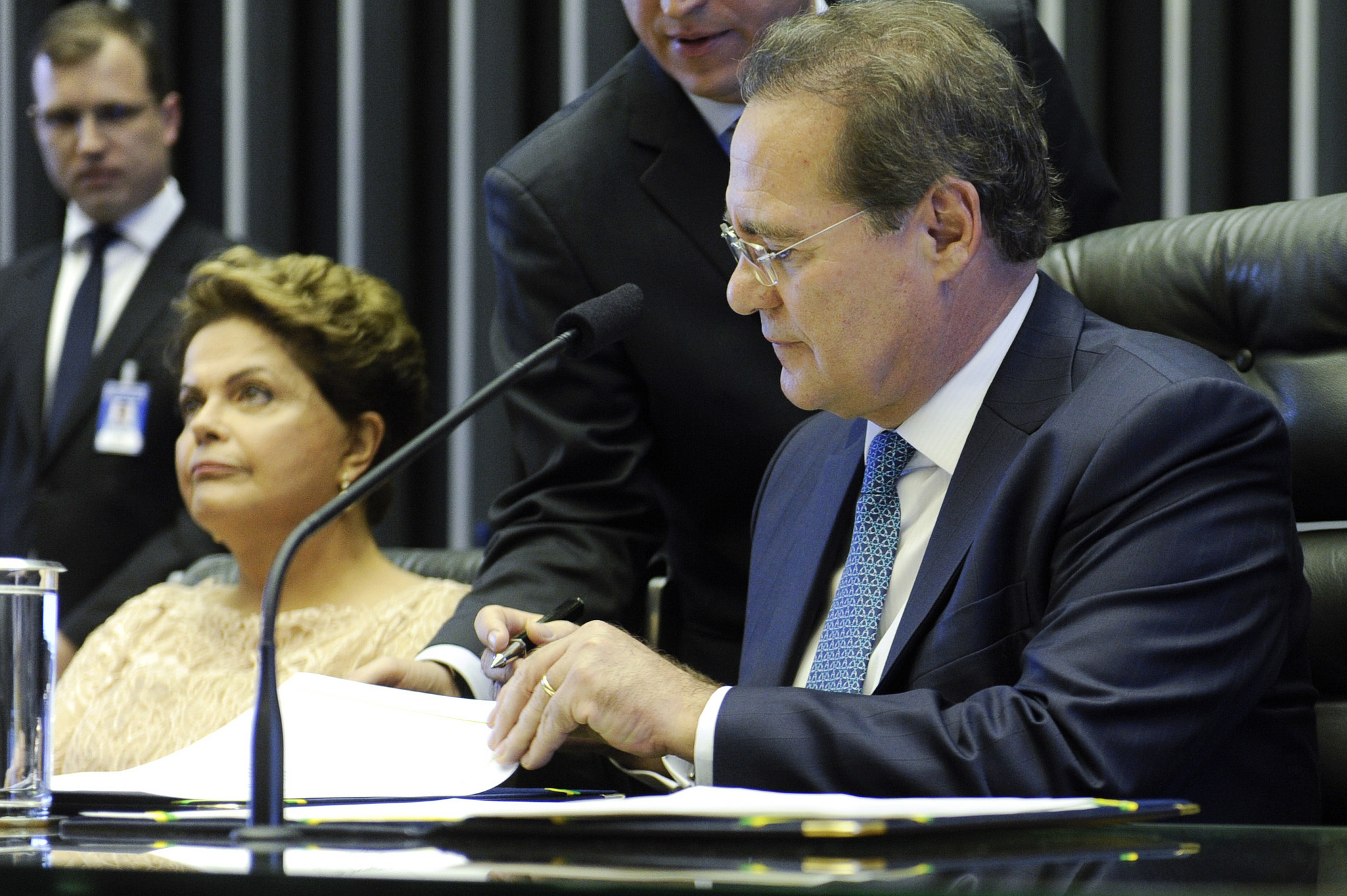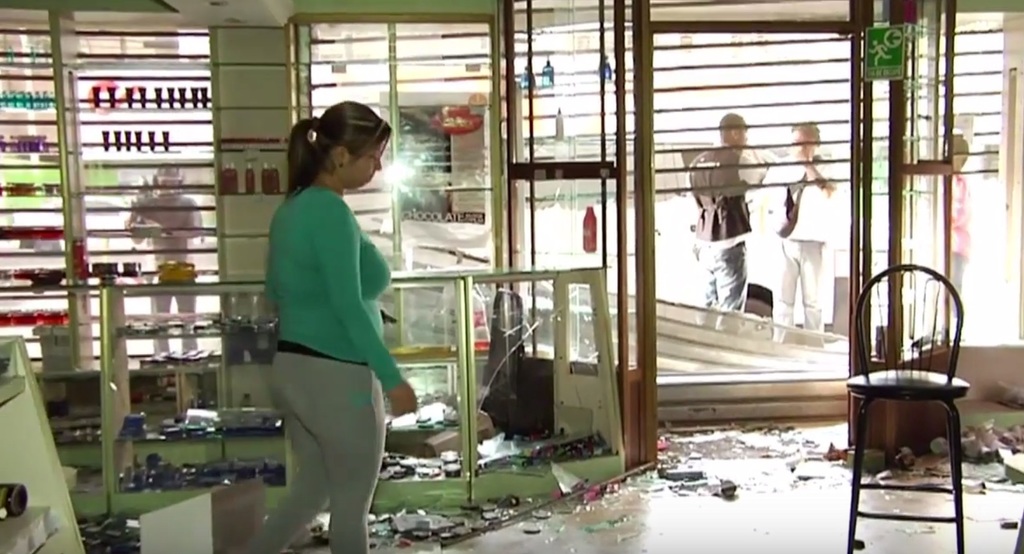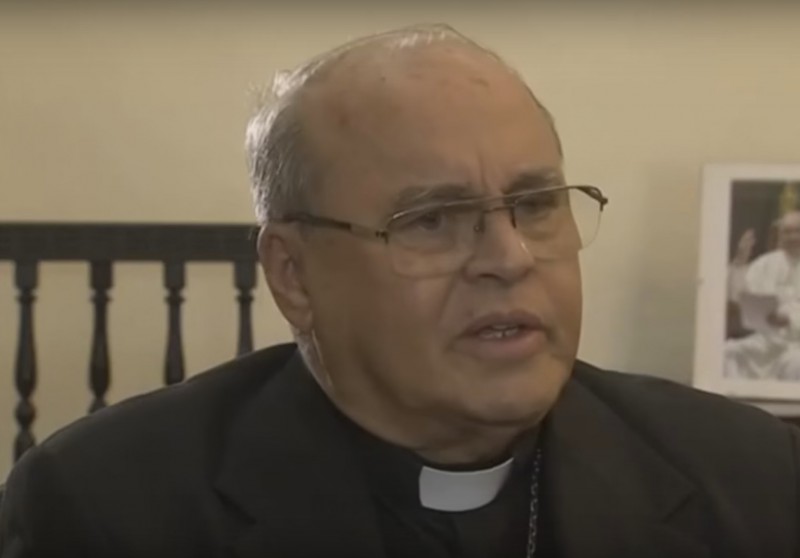
Caribbean, Cuba, Latin America: Week in Review
After Transforming Church’s Role in Cuba, Longtime Havana Cardinal Steps Down
April 27, 2016 By Staff
Top Story — Cardinal Jamie Ortega, the longtime leader of the Catholic Church in Cuba and a key player in the clandestine negotiations that resulted in resumed diplomatic relations between the United States and Cuba, stepped down on Tuesday. His retirement was expected, and he will be replaced by Juan de la Caridad García Rodríguez as Havana’s archbishop, the Associated Press reported.
Ortega, 79, had been the Archbishop of Havana since 1981 and is credited with passing along letters from the Vatican to U.S. President Barack Obama and Cuban President Raúl Castro urging them to reach a political detente.
Ortega also oversaw three papal visits to Cuba and served during a period in which, according to The New York Times, “the church became the only institution outside the government with any sway on the island.”
In the years since Ortega assumed his position, the church has expanded its influence into areas formerly dominated by the state and encouraged the government to accelerate economic reforms. In contrast with the marginalization that followed the revolution in 1959, the church is now expanding in both size and scope, offering social services like job training.
Ortega faced criticism, especially among the Cuban exile community, for allegedly not doing enough to support Cuba’s dissidents, including notably calling a group of activists “delinquents” in one case. The Miami Herald suggests Ortega sought a greater role for the church in Cuba at the expense of fully supporting pro-democracy efforts by dissidents.
Ortega’s retirement comes amid a generally chilly backlash from the Cuban government following the positive hype surrounding Obama’s visit to Havana last month. On March 28 former Cuban President Fidel Castro wrote a rare open letter in the state-run newspaper Granma, warning, “we don’t need the empire to give us anything.”
Revolutionary rhetoric also predominated at Cuba’s Communist Party Congress earlier this month, when President Raúl Castro announced he and other top party leaders would remain in power for at least another five years. The overriding message of the party congress was of continuity, and of improving upon Cuban socialism even in light of economic reforms and warmer relations with the United States.
In choosing García as Havana’s new archbishop, Pope Francis did not specify whether he expected him to follow Ortega’s political example and continue to advocate for change.
Headlines from the Western Hemisphere
North America
- Following a scathing report by the Inter-American Commission on Human Rights regarding Mexico’s investigation into the 2014 disappearance of 43 teacher-trainee students in Guerrero state, the U.N. Office of the High Commissioner for Human Rights issued a statement on Tuesday expressing concern over “the many challenges and obstacles reported by the experts” and urging the Mexican government to take the group’s recommendations “into serious consideration.”
- The United Nations issued its statement on the same day that The New York Times published an editorial that detailed Mexico’s botched investigation into the disappearances and condemned “the government’s lack of political will to reform judicial institutions and its callousness toward its citizens.”
Caribbean
- The U.S. Congress will not agree on a fiscal rescue plan for Puerto Rico ahead of a $422 million debt payment it owes on May 1, U.S. House Majority Leader Kevin McCarthy said Tuesday, adding that there are no guarantees of a bailout for the territory before a $2 billion payment is due July 1, after which the island’s government could be sued by some bondholders.
Central America
- Guatemalan President Jimmy Morales on Tuesday repudiated the claim by Belize’s government that its soldiers shot to death a 13-year-old Guatemalan in self-defense in an incident on the border between the two countries. The resulting border crisis, stemming from long-standing tensions, has prompted troop deployments and a request for an mediation by the Organization of American States.
- Union groups in Costa Rica launched a nationwide strike across public schools and health services on Tuesday, as thousands of school and medical workers marched to Congress with demands that included salary increases, higher taxes on the wealthy and land rights for peasants.
Andes
- On Tuesday, Venezuela’s electoral council decided to begin collecting signatures in order to initiate a petition to eventually recall President Nicolás Maduro, a far-from-certain prospect given the many hurdles involved.
- In an attempt to manage Venezuela’s ever-growing energy crisis, President Nicolás Maduro announced that public employees will only work two days a week for at least the next two weeks in order to save energy.
Southern Cone
- Brazil’s health ministry announced that 230 people have died of swine flu in the past year, 70 of them in the past week, prompting a national campaign of free vaccinations.
- Brazilian Vice President Michel Temer, who may assume the presidency in the coming weeks, has drafted an ambitious economic rescue program that would seek to regain investor confidnece by, among other things, replacing the board of the central bank which has been accused of irresponsibly targeting growth at the risk of inflation, three sources told Reuters.
- The remains of the Nobel-prize winning Chilean poet Pablo Neruda were finally reburied in his former home of Isla Negra after being exhumed three years prior in order to conduct an investigation into whether he was poisoned or died of natural causes, the results of which will be released next month.
- Argentina’s state-run oil company YPF will export oil for the first time in two years next month, taking advantage of a new subsidy which seeks to spur drilling despite a collapse in crude prices.
